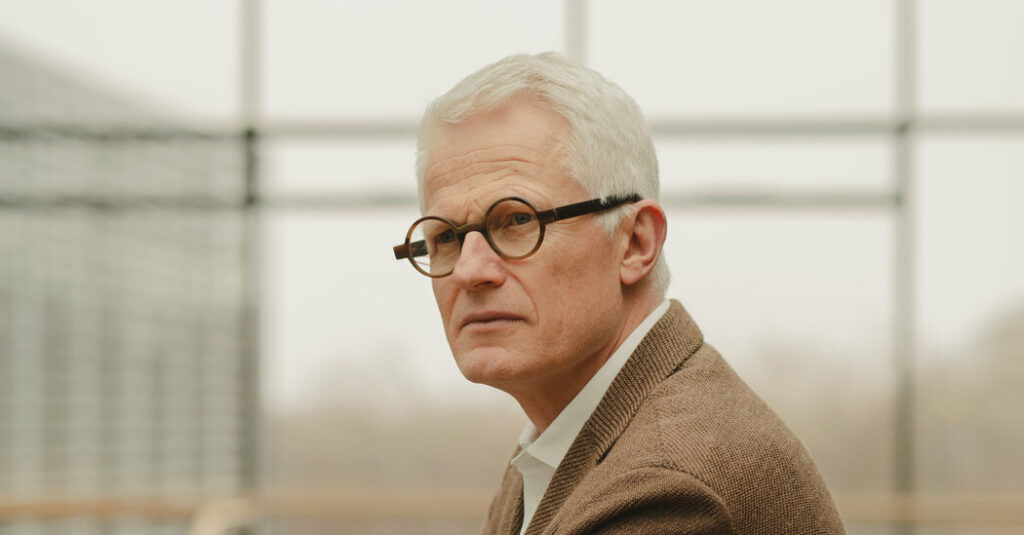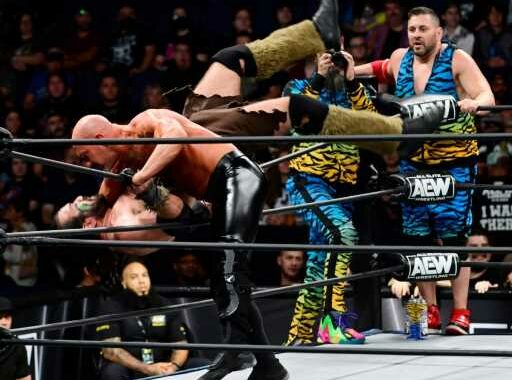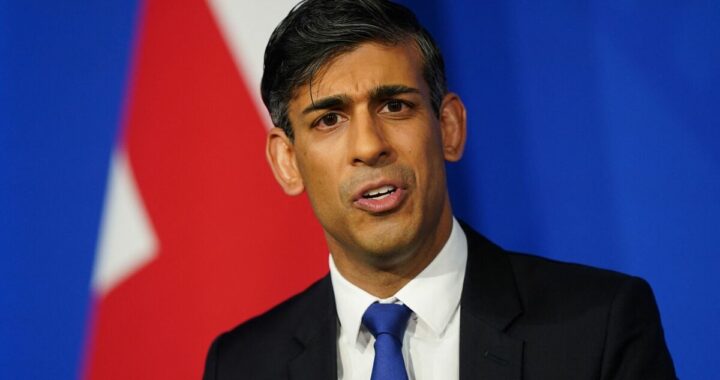Wind Energy Giant Orsted Says Delays in U.S. May Cost $2 Billion
3 min read
Orsted, the Danish renewable energy giant, has warned that it may write off as much as $2.12 billion because of supply chain problems and other issues at three giant offshore wind installations off the United States East Coast.
The announcement from the company, which has been a global pioneer in offshore wind energy, is the latest sign of trouble in an industry expected to supply an increasingly large portion of clean energy to meet the climate change goals of many countries, including the United States.
“This is not the last that we will see this year,” said Soeren Lassen, the head of offshore wind at Wood Mackenzie, a consulting firm.
Orsted’s shares tumbled 25 percent after the news.
The wind farms covered in the announcement would supply power to customers in New York, Connecticut and New Jersey.
The company said that the projects were being hit by delays and increased costs on suppliers, like wind turbine component manufacturers and the specialized ships needed to install the large machines, whose blades are as long as football fields.
“There is a continuously increasing risk in these suppliers’ ability to deliver on their commitments and contracted schedules,” Orsted said in a statement on Tuesday.
Orsted said such delays could lead to extra costs and slower than anticipated-receipts of revenues from the power generated by the turbines, but it said that at this point, it would continue to build the wind farms — although walking away was an option.
The company said that the sharp rise in interests rates would increase costs in the United States. Renewable energy projects require billions of investment up front. Orsted also said that it might not be able to achieve tax credits from the United States as large as it previously anticipated.
The impairments amount to about half of the $4 billion that Orsted said it had invested in its offshore portfolio in the United States but are only a fraction of the value of these projects and the company’s overall American plans.
Orsted owns a small operating wind farm off Rhode Island and is developing six others off the East Coast, according the company’s website.
While other companies have walked away from some contracts or threatened to, Orsted so far says it does not wish to do so. The United States remains an important future market for the company and other developers. On a call with analysts on Wednesday, Mads Nipper, Orsted’s chief executive, said giving up on these projects would not be the right thing for shareholders at this time.
Mr. Lassen, at Wood Mackenzie, said that the United States was a new market for the offshore wind industry, which has been established in recent decades in European countries like Denmark and Britain, and that delays were not surprising. The network of suppliers for offshore wind in the United States is in its infancy, and vessels used to install the big turbines need to be brought from Europe, adding to costs and delays. One reason for the disappointing talks on taxes may be that developers cannot find enough suppliers to meet rules for using locally based goods and services, analysts say.
However, Mr. Lassen said there was a risk that delays would cascade, complicating efforts to make offshore wind a key source of electric power in the United States. “They want policymakers to recognize the issues that the industry is facing,” Mr. Lassen said.
Stanley Reed has been writing from London for The Times since 2012 on energy, the environment and the Middle East. Before that he was London bureau chief for BusinessWeek magazine. More about Stanley Reed
Source: Read Full Article






